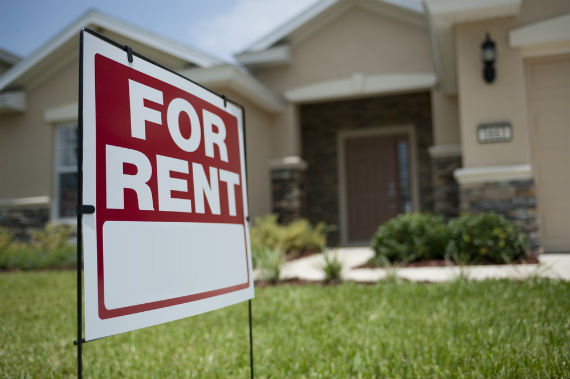
I was raised on the idea that owning a home was the quintessential American dream.
You grew up, went to college, got a job, built a family, and all along the way you bought first a small house (your first, you were so excited), then a bigger house (your family was growing, you felt on top of the world that you could move up), then the biggest house (height of your career, big family, teenagers coming and going) and finally maybe a vacation home or a condo somewhere warm in the winter.
The Dream included roots. A place to live that you owned and eventually, paid off so you didn’t owe anyone anything. That’s what my parents did. It’s what we aimed for.
Not today.
If people aren’t marrying and they’re not building families (at least not nearly as soon as we did, and I’m not that old), then there’s no reason to buy a house. (Forget that even when I was single, I gravitated toward homeownership rather than renting. To quote my parents: “Renting is just money down the drain.” It was a different era.)
I like transaction to be flipped. I don’t want my neighborhood full of rentals. Renters don’t care for the property as much, the house can fall into disrepair and they have no attachment, no connection, no pride in the outcome.
Then my business partner, Rodney Carey, says, “Would you rather have it vacant?”
Good point.
“Or sold at a discount? Either way, you’re lowering the value of the property.”
An empty house sells at a discount. It’s boarded up to avoid looters. A family living there, even if they’re pay rent, keeps it rooted in the neighborhood. I see his point.
It has long concerned me that if REO to Rental becomes a government program, with subsidies for renters, people will move into upstanding neighborhoods and not really fit into the neighborhood – pushing out long-time, grassroots residents.
I know there is some benefit in getting things moving because eventually, there will be a sale – whether to an investor who’s going to put an occupant in it or to an owner-occupant.
Selling to investors means clean transactions, no government subsidy, and yes those deals should happen.
There’s certainly a growing portion of society today opting to be a renter over a buyer – either because it’s hard to find financing with dings on their credit or a bad taste in their mouth from a previous experience.
And people who lose their houses because they were in over their heads are more likely than not going to opt to rent a house than live in an apartment or condo – house-dwellers remain house-dwellers, whether they own or rent.
Renting is becoming more acceptable for grown-ups and family folks. It’s not the notion I was raised with. But I guess it’s one I have to embrace.
We’re not creating enough families, but we’re not getting rid of families, either. People are shuffling around, moving and changing their expectations and their definitions of home. If anything, this economy may be separating families – which creates a need for two homes to catch the fallout.
The rental market has never been hotter than it is today. The cost of rent is higher than the cost of home ownership even, for the first time in about 15 years.
I guess as the circumstances change, so must our perceptions. I’m working on it.
